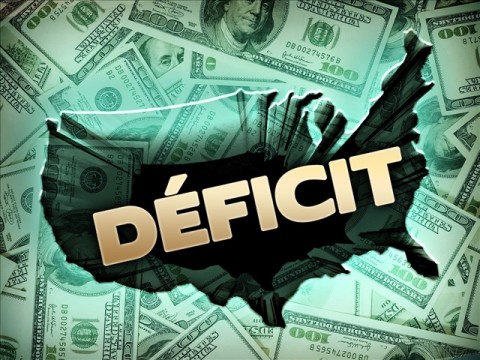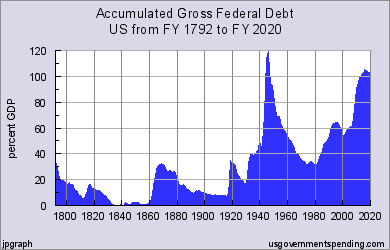.
Greg from Spokane asks a few questions, and does so in an appealing way. As a voter who leans left, he'd just like to know what the other side is thinking and he can't figure it out. This is otherwise known as "idea exchange." So, Dr. D will do his best :- )
....
Jeff, I have read your websites for years and have not felt worthy to comment. However, I have long wanted to find a non-mouthfoaming conservative to ask a few questions. Respectfully of course. Why does the deficit only matter to Republicans when the president is a Democrat? When Clinton left office The budget was in balance as far as the eye could see. So W. Bush gave top earners a HUGE tax cut, started 2 wars and established a new Medicare benefit without funding any of it.
Do you like the current crop of Republican hopefuls want perpetual war? Why does the party that purports to get the government out of our lives want the government to decide who you sleep with? Why does government employment go up more under Republican administrations? Historically speaking, why does U.S. economy do better under Democratic administrations? And why do Republicans, despite no evidence of fraud, try to keep people from voting? - See more at: http://seattlesportsinsider.com/comment/112718#comment-112718
....
Q1. Which Presidents ran up the debt?
A1. Here's a chart that puts the total U.S. debt in relation to the size of the U.S. economy:
.
.
1. The Federal Debt was inaugated by Alexander Hamilton in the 1790's. He was able to stabilize the U.S. Dollar, stabilize States who had burdensome debts, and repay obligations from the Revolutionary War. These debts were shortly paid off. As is very often the case -- such as with your home mortgage and your car -- borrowing can work well. Leveraging future earnings can be productive, if it leads to production that multiplies geometrically.
2. We borrowed our way out of the Great Depression, to an extent.
3. World War II, obviously, was expensive. Kind of worth it, though, not to be hailing Auf Fuhrer VI on this blog.
4. Great job by every President (and Congress) from Truman up to (but not including) Reagan.
5. Reagan's supporters would say that his arms buildup (1980-1988) won the Cold War and that this $$$$ was the reason there is one (good) Superpower in the world right now, as opposed to two (one good, one evil) Superpowers in the world. When I was a kid, we were quite worried about nuclear holocaust. So here too it can be argued that the return on money is quite tangible.
6. William J. Clinton did indeed do an excellent job with the deficit. Hats off to him.
7. Presidents Bush and Obama have both raised the deficits sharply, and at about equal rates. Bush's money was directed (I think) at fighting terrorism, wars, and bank bailouts; Obama's money to revive the economy and centralize health care etc.
.....
Me personally, I believe there is a DISINGENUOUS aspect to the cries of "Deficit! Foul!" and there is a SINCERE element to it as well:
A) The disingenuous part comes when either party is trying to unseat an incumbent President. When Al Gore is running against George Bush, you are going to hear the Democrats demagoguing the budget deficit as though no responsible President would fail to balance a budget. When Mitt Romney is running against Barack Obama, you are going to hear exactly the opposite. Both parties are well aware that budget deficits are SOMETIMES the intelligent approach to our problems. They do not, of course, tell the voters this.
B) The SINCERE element, it seems to me, comes in when we ask "What will the borrowed money be SPENT on?" It's like Mom & Dad arguing. Is it okay to borrow money for power tools? Of course, says Dad. Of course not, says Mom. Is it okay to borrow money to take the kids to Disneyland? Of course, says Mom; that's a bucket list item we'll remember forever. Of course not, says Dad ...
Can we borrow money to cut taxes on the greedy rich? Don't be silly, say the Democrats.
Should we borrow money for handouts going to the lazy poor? Don't be dumb, say the Republicans.
May we borrow money to strengthen our military and national security? Might we borrow it to expand the Federal government? Do you think we should borrow it for free education? One party is going to say Sure, that's a deficit we can live with; the other party is going to be aghast at the thought. What do you want to spend other people's money ON?
.....
From Dr. D's seat, it seems that voters (and pols) get really passionate about the deficit when the money is going to spent on the "wrong" things. Republicans have few priorities that are attractive to Democrats; fewer still that are worth borrowing money for. And vice versa.
Which brings us back to Square One. Our priorities are diverse in this country, and they're not converging. They're diverging.
Respectfully,
Jeff

